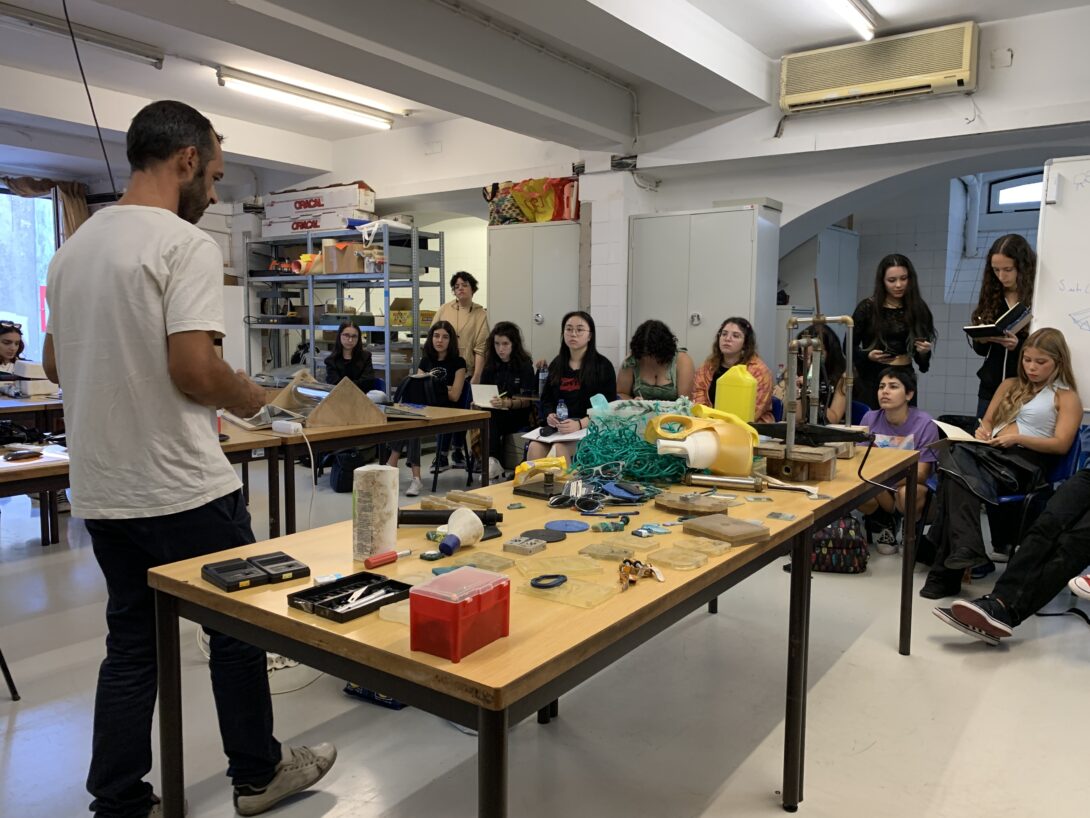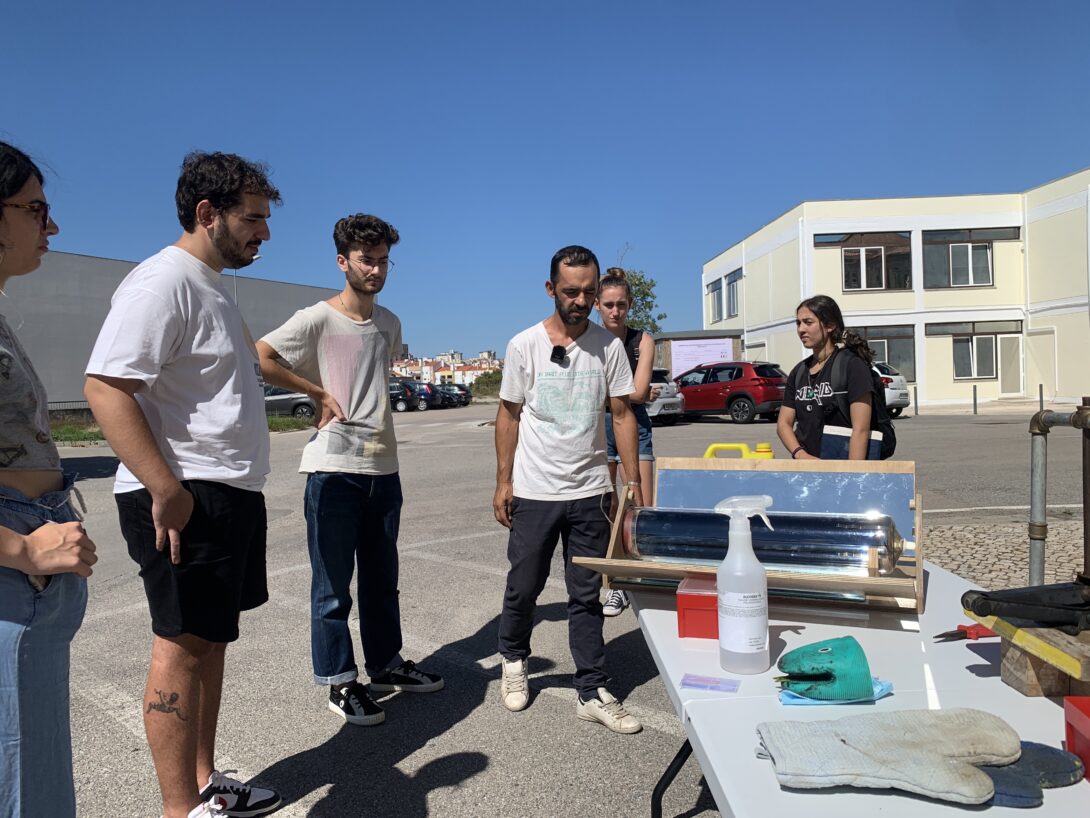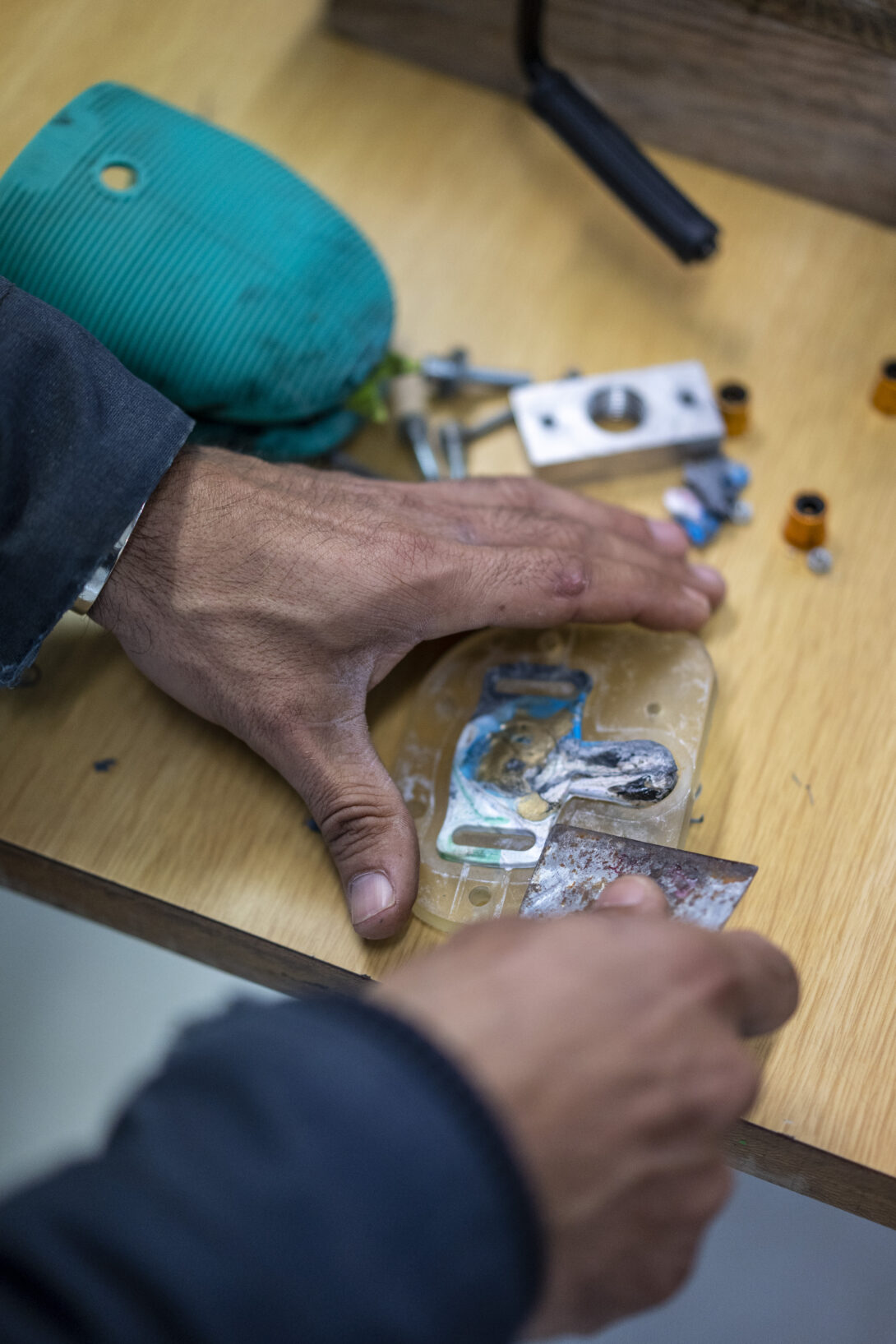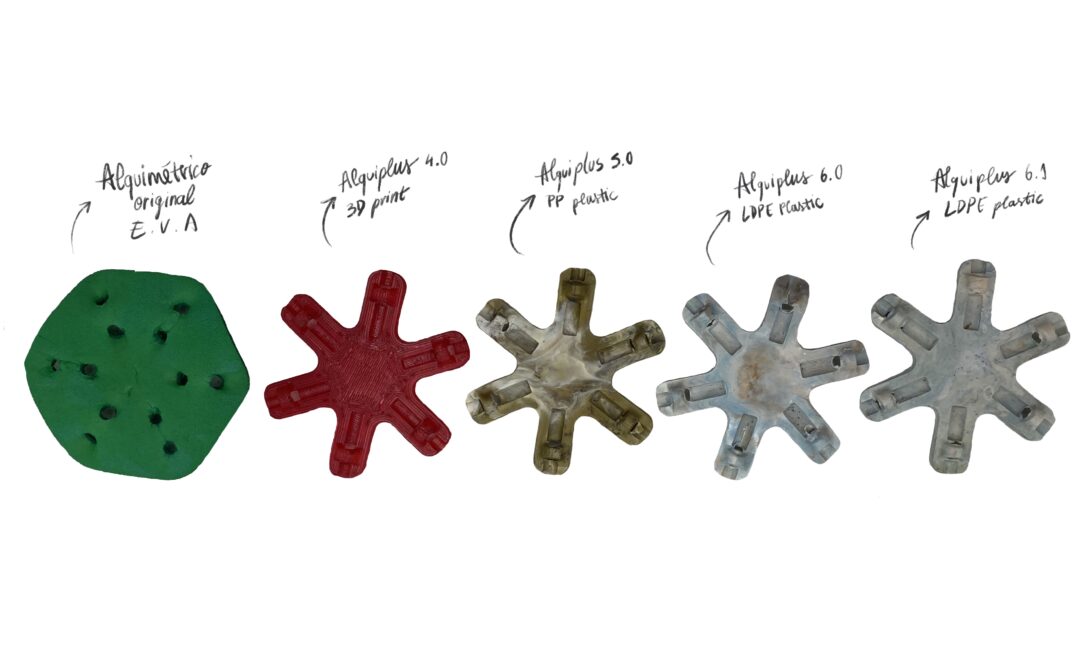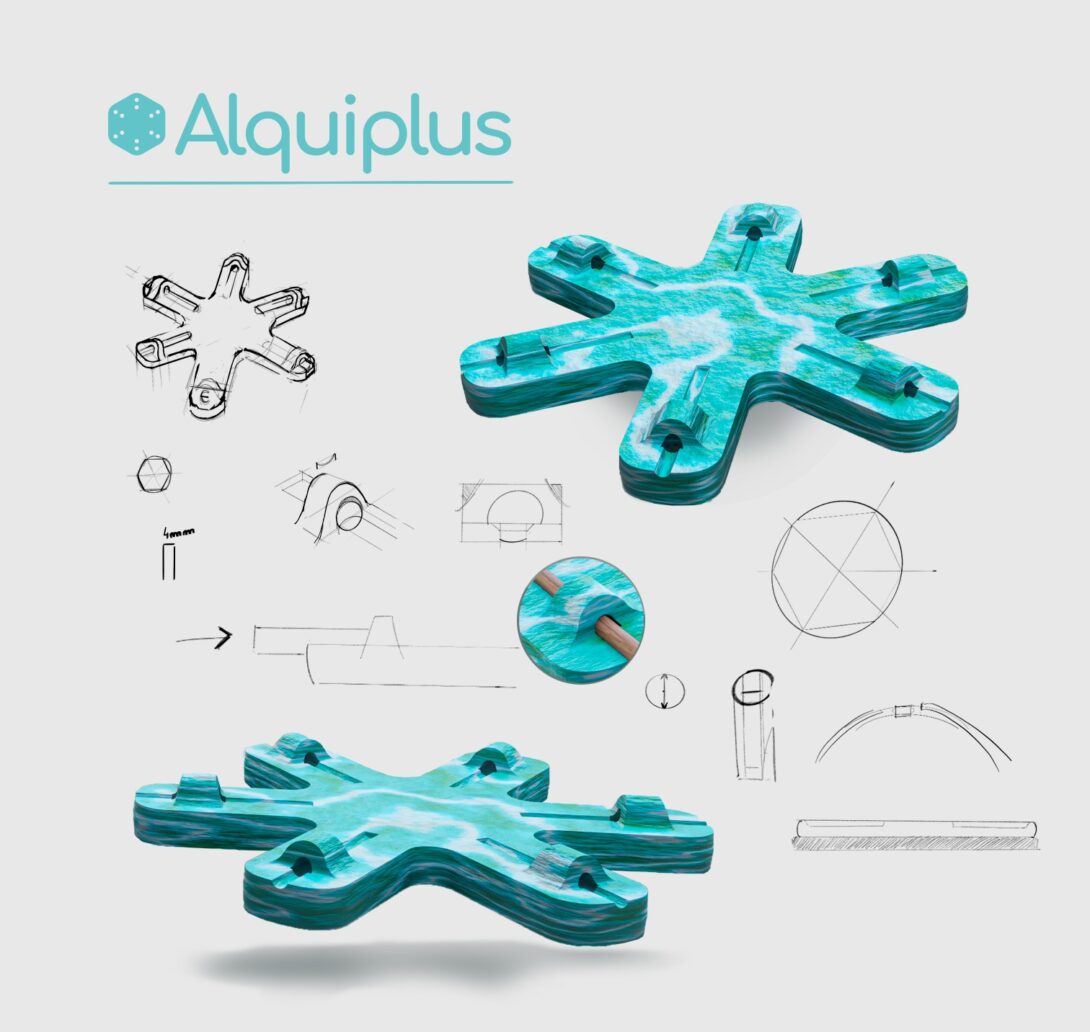IPL’s collaboration with the Sun Factory Project introduces Distributed Design to its students, marking a significant change in design assignments. The Polytechnic University of Lisbon’s Visual Arts and Technologies Department is leading the way with its innovative project to incorporate distributed design principles into its curriculum.
Through IPL’s active engagement in the Distributed Design Platform, students gain hands-on experience and produce high-quality work under distributed design-related assignments. A pivotal moment in this effort was IPL’s collaboration with Marco Bernardo and his Sun Factory project, which aligned local strategy with global collaboration efforts within the platform.
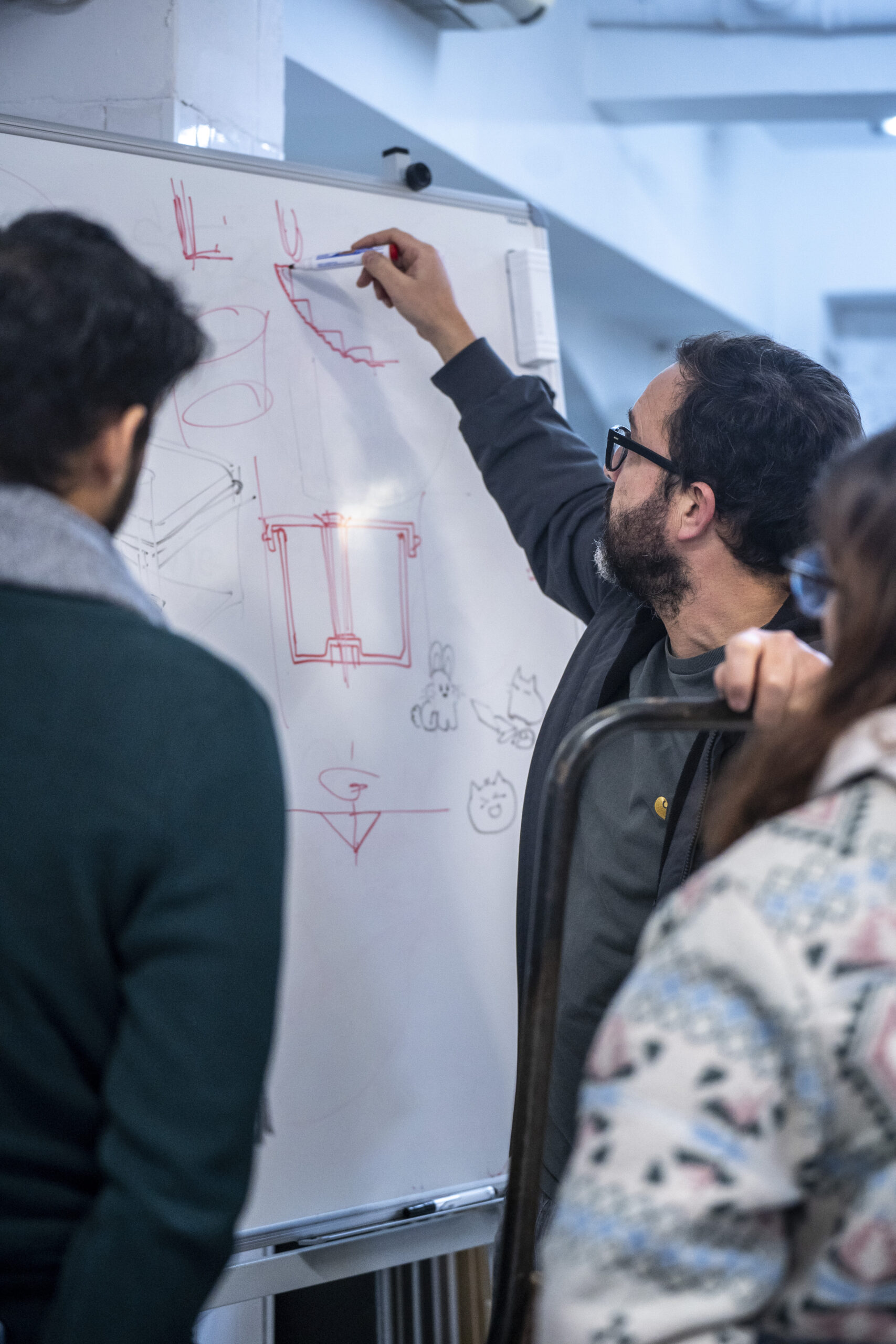
A Three-Phase Residency at Fablab Benfica
The Sun Factory Project is a practical and accessible suite of tools for solar-powered plastic recycling specifically designed to address the needs of emerging countries. As a distributed design project, it epitomizes the ideal blend of low-tech and high-tech qualities and potential for widespread dissemination.
The collaboration between IPL and the Sun Factory Project was a structured three-phase residency at Fablab Benfica. The aim was to apply the Sun Factory’s technology in an educational context and explore its broader implications.
Phase 1: Integration
In the initial phase, IPL focused on integrating the Sun Factory’s sustainable recycling methods with the technological capabilities of the fab lab. The result was a kit designed for replication within the Fablab network, enhancing the project’s dissemination potential.
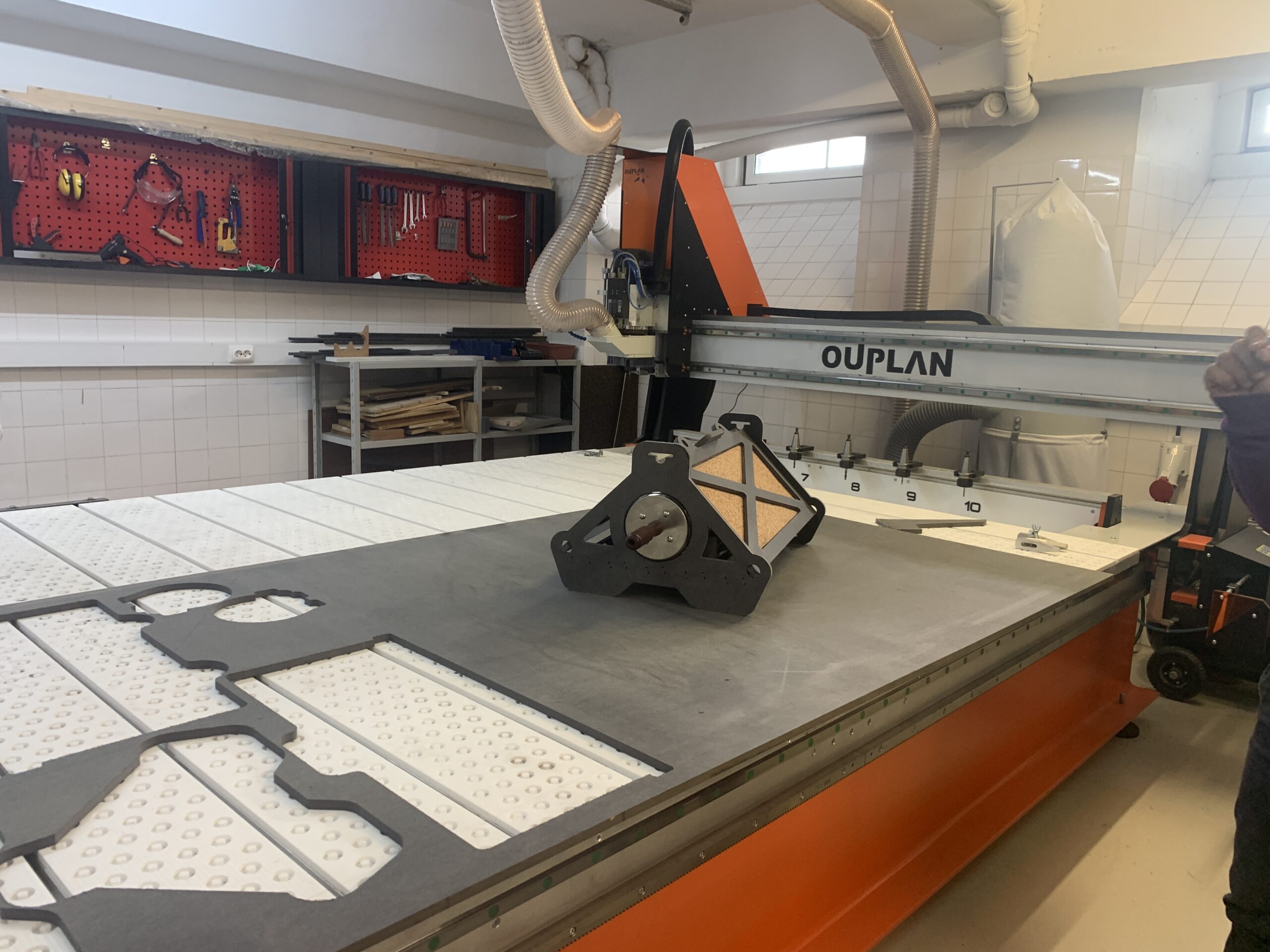
Phase 2: Dissemination
The second phase concentrated on disseminating knowledge about the technology and its potential applications. This included open and demo sessions aimed at students and the general public, laying the groundwork for developing solutions to be submitted to the “Sun Powered Plastic Recycling Open Call.”
Phase 3: Prototyping
The final phase saw direct collaboration between Marco Bernardo and the students in prototype development. By applying their knowledge in practice, students experienced firsthand the principles of distributed design, transitioning from inspiration to innovation.
This three stage model allowed to depart from a mature open and distributed design project such as Sun Factory to inspire and influence the next generation of DD creative talents.
The Sun Powered Plastic Recycling Open Call
The open call invited European designers, makers, and students to innovate with the Sun Factory technology, fostering creative applications of solar-powered recycling in line with open, collaborative, and regenerative design principles.
Among the submissions, six projects were selected for further development, each presenting a unique take on sustainability through solar power. These projects, supported through prototyping and development phases, were showcased at the Gentler Futures Festival preview session.
Approach to Design Education
This collaborative initiative exemplifies the integration of distributed design into early-stage design education. It demonstrates IPL’s commitment to equipping students with the necessary skills and mindset to confront contemporary design challenges effectively. With IPL’s broader strategy to evolve design education, students are well-prepared to revolutionize the design field through distributed manufacturing and circular design models.
